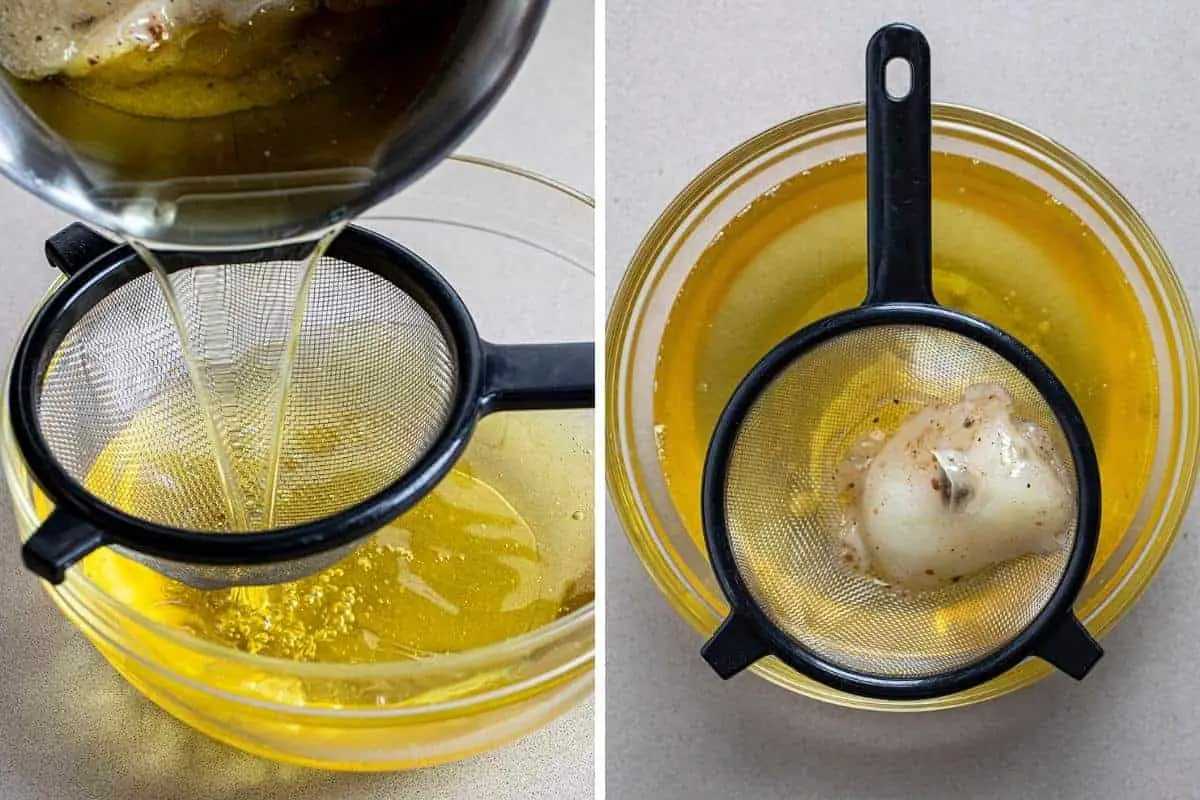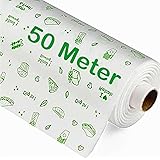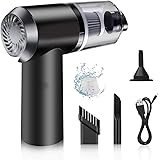Cooking oil is an essential component in kitchens worldwide, from home cooking to large-scale commercial food production. Over time, however, oil can accumulate particles from fried foods, reducing its efficiency and potentially altering the taste of future dishes. For both quality control and cost efficiency, many people filter their used cooking oil. But the real question remains: what is the best material to filter cooking oil?
In this article, we will explore the different materials used for oil filtration, considering their pros, and cons, and how they apply in various settings. The goal is to find out which material is the most effective at keeping cooking oil clean, safe, and reusable.
1. Importance of Filtering Cooking Oil
Before diving into the materials, let’s first understand why filtering cooking oil is essential.
- Prolonging Oil Life: Filtering cooking oil can remove impurities, prolonging the life of the oil. This can be particularly beneficial in commercial kitchens, where reusing oil reduces costs.
- Improving Taste: Impurities, burnt crumbs, and residues left from previous meals can affect the flavor of your food. Filtering helps preserve the original taste of the dish.
- Maintaining Health Standards: Cooking oil with accumulated food debris can become unhealthy, producing harmful compounds like acrylamide. Filtering helps maintain food safety and health standards.
- Efficiency: Clean oil heats more evenly, allowing food to fry consistently, and ensuring that dishes are cooked perfectly every time.
Now that we understand why filtering oil is so important, let’s take a look at the different materials used for this purpose.
2. Cotton Cloth Filters
Cotton is a widely used material in the kitchen for various tasks, and filtering oil is one of them.
Advantages:
- Affordable: Cotton cloths are cheap and readily available.
- Eco-friendly: Being a natural fiber, cotton is biodegradable, making it an environmentally friendly option.
- Efficient: Cotton filters can trap large food particles efficiently, preventing them from passing through.
Disadvantages:
- Clogging: Cotton cloths tend to clog over time, especially after filtering oil multiple times. This decreases efficiency and may require replacing the cloth frequently.
- Not suitable for fine filtration: Cotton is not ideal for removing very fine particles or micro-debris, which may still slip through.
Conclusion:
Cotton cloth filters are great for general, large-particle filtration, making them suitable for casual home use. However, they may not be the best choice for commercial use where finer filtration is required.
3. Stainless Steel Mesh
Stainless steel mesh filters are increasingly common, especially in professional kitchens where durability and efficiency are key.
Advantages:
- Durable: Stainless steel is highly resistant to heat and corrosion, making it ideal for long-term use.
- Reusable: Unlike cotton, stainless steel can be easily cleaned and reused multiple times without losing its filtering ability.
- Fine filtration: Stainless steel meshes come in different sizes, allowing for both coarse and fine filtration depending on the mesh’s weave.
- Hygienic: Stainless steel is easy to sanitize, which is crucial in maintaining food safety standards.
Disadvantages:
- More expensive: Stainless steel filters tend to be more expensive upfront compared to cotton or paper alternatives.
- Requires maintenance: Over time, debris can get lodged in the mesh, requiring thorough cleaning.
Conclusion:
For both home and commercial kitchens, stainless steel mesh filters are a reliable, durable option that provides excellent filtration for all types of particles. They strike a good balance between cost-effectiveness and efficiency.
4. Paper Filters
Paper filters, commonly used in drip coffee machines, are also a popular option for filtering cooking oil.
Advantages:
- Fine filtration: Paper filters are known for their ability to capture very small particles, making them excellent for filtering out fine debris in oil.
- Disposable: Being single-use, paper filters eliminate the need for cleaning, which is convenient.
- Cost-effective: While disposable, paper filters are affordable and readily available in most grocery stores.
Disadvantages:
- Not eco-friendly: As they are single-use, paper filters contribute to waste, especially in large-scale cooking operations.
- Clogging: If used for filtering large quantities of oil or heavily soiled oil, paper filters can clog quickly, reducing their effectiveness.
- Fragile: Paper can tear if handled improperly or if too much pressure is applied, spilling the debris back into the oil.
Conclusion:
Paper filters are an effective choice for those looking for fine filtration without the hassle of cleaning, but they are less ideal for large-scale operations or for those seeking an environmentally friendly option.
5. Cheesecloth
Cheesecloth, traditionally used in cheesemaking and other food preparations, has also found its way into oil filtration.
Advantages:
- Customizable layers: Cheesecloth is lightweight and comes in different thicknesses, allowing you to adjust the level of filtration by folding it into multiple layers.
- Affordable: Similar to cotton cloth, cheesecloth is inexpensive and easy to find.
- Biodegradable: Made from cotton, cheesecloth is eco-friendly and biodegradable.
Disadvantages:
- Not reusable: After a few uses, cheesecloth begins to degrade, making it less durable than stainless steel or synthetic filters.
- Inefficient with fine particles: Even folded into multiple layers, cheesecloth may not catch the finest particles or micro-debris.
Conclusion:
Cheesecloth is a practical choice for basic filtering at home, especially when you need flexibility. However, it falls short in durability and fine filtration, making it less suitable for commercial kitchens.
6. Synthetic Filters
Synthetic filters, often made from materials like polyester or nylon, are another option for oil filtration.
Advantages:
- Reusable: Synthetic filters are washable and designed for long-term use.
- Fine filtration: Many synthetic filters are designed to catch very small particles, making them great for achieving cleaner oil.
- Resistant to tearing: Unlike paper or cotton, synthetic filters are less likely to tear or degrade after repeated use.
Disadvantages:
- Plastic-based: Being plastic-based, synthetic filters are not biodegradable and are less eco-friendly compared to cotton or paper alternatives.
- Chemical concerns: Some people prefer to avoid plastic in their kitchens due to concerns about chemicals leaching into food, especially at high temperatures.
Conclusion:
Synthetic filters offer fine filtration and durability, making them suitable for both home and professional use. However, they may not appeal to those looking for natural, eco-friendly options.
7. Activated Carbon Filters
Activated carbon filters are commonly used in water purification, but they also have applications in oil filtration, particularly when it comes to removing odors and impurities.
Advantages:
- Odor removal: Activated carbon is excellent at removing unwanted odors from oil, which can be particularly useful when cooking strongly flavored foods.
- Fine filtration: These filters can also trap very fine particles, resulting in cleaner oil.
- Improves oil quality: By removing impurities, activated carbon can help maintain the freshness and quality of the oil over time.
Disadvantages:
- Expensive: Activated carbon filters are more expensive compared to other filtering materials.
- Single-use: These filters cannot be reused and need to be replaced after each use.
- Not widely available: Activated carbon filters for cooking oil are less common and harder to find in typical grocery stores.
Conclusion:
Activated carbon filters are a premium option for those who want to maintain the highest quality oil. They’re best suited for situations where odor and flavor control are paramount.
8. Which Material is Best for Different Needs?
Ultimately, the best material for filtering cooking oil depends on your specific needs. Here’s a quick breakdown based on use case:
- For Home Use: Cotton cloth or cheesecloth are ideal for casual home use, where fine filtration isn’t as critical.
- For Fine Filtration: Paper filters, activated carbon filters, and synthetic filters excel at removing small particles and impurities.
- For Commercial Kitchens: Stainless steel mesh or synthetic filters are best for their durability and reusability.
- For Odor Removal: Activated carbon filters are unmatched in their ability to remove odors and keep the oil fresh.
9. Tips for Extending Oil Life Through Filtration
- Filter After Every Use: Regularly filtering oil after each use can prevent buildup and extend the oil’s lifespan.
- Store Oil Properly: After filtering, store your oil in a cool, dark place to maintain its quality.
- Use the Right Filter for the Job: Make sure you’re using the appropriate filter based on the amount of oil and type of food you’re frying.
Conclusion
In conclusion, the best material for filtering cooking oil depends largely on your kitchen’s needs. For casual home cooking, materials like cotton and cheesecloth may suffice. For fine filtration and odor removal, paper, synthetic, or activated carbon filters provide better results. In professional settings, stainless steel mesh is often the preferred choice due to its durability and efficiency. By selecting the right material and following best practices for filtering and storing oil, you can save money, maintain food quality, and improve the safety of your cooking oil.
OFIXO 50 Meters Food Wrapping Paper Roll - Premium Non-Stick Butter Wrapping Paper. Food Wrapping Paper, Re-heatable Non Stick Paper, Parchment Paper
₹198.00 (as of 20 September, 2024 18:22 GMT +05:30 - More infoProduct prices and availability are accurate as of the date/time indicated and are subject to change. Any price and availability information displayed on [relevant Amazon Site(s), as applicable] at the time of purchase will apply to the purchase of this product.)Milton Aura 1000 Thermosteel Bottle, 1.05 Litre, Black | 24 Hours Hot and Cold | Easy to Carry | Rust & Leak Proof | Tea | Coffee | Office| Gym | Home | Kitchen | Hiking | Trekking | Travel Bottle
₹932.00 (as of 20 September, 2024 18:22 GMT +05:30 - More infoProduct prices and availability are accurate as of the date/time indicated and are subject to change. Any price and availability information displayed on [relevant Amazon Site(s), as applicable] at the time of purchase will apply to the purchase of this product.)SHAYONAM 3IN1 Portable Car Vacuum Cleaner with Blower | USB Rechargeable Wireless Handheld Car Vacuum Cleaner Traveling, Camping Reusable,Portable,Rechargeable (Vacuum with Blower)(Multy)/*-
₹699.00 (as of 20 September, 2024 18:09 GMT +05:30 - More infoProduct prices and availability are accurate as of the date/time indicated and are subject to change. Any price and availability information displayed on [relevant Amazon Site(s), as applicable] at the time of purchase will apply to the purchase of this product.)Wakefit Height Adjustable Hollow Fiber Sleeping Pillow with Zip |(White and Grey, Standard, Set of 2, Microfiber) 3 Months Warranty
₹877.00 (as of 20 September, 2024 18:22 GMT +05:30 - More infoProduct prices and availability are accurate as of the date/time indicated and are subject to change. Any price and availability information displayed on [relevant Amazon Site(s), as applicable] at the time of purchase will apply to the purchase of this product.)Pigeon Polypropylene Mini Handy and Compact Chopper with 3 Blades for Effortlessly Chopping Vegetables and Fruits for Your Kitchen (12420, Green, 400 ml)
₹169.00 (as of 20 September, 2024 18:22 GMT +05:30 - More infoProduct prices and availability are accurate as of the date/time indicated and are subject to change. Any price and availability information displayed on [relevant Amazon Site(s), as applicable] at the time of purchase will apply to the purchase of this product.)Discover more from The General Post
Subscribe to get the latest posts sent to your email.





